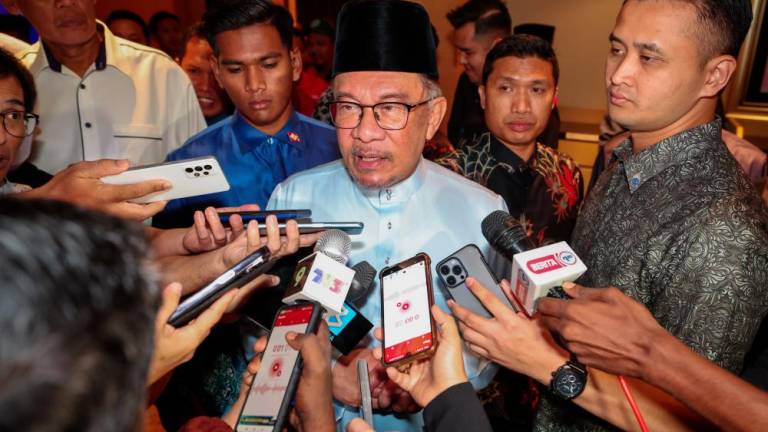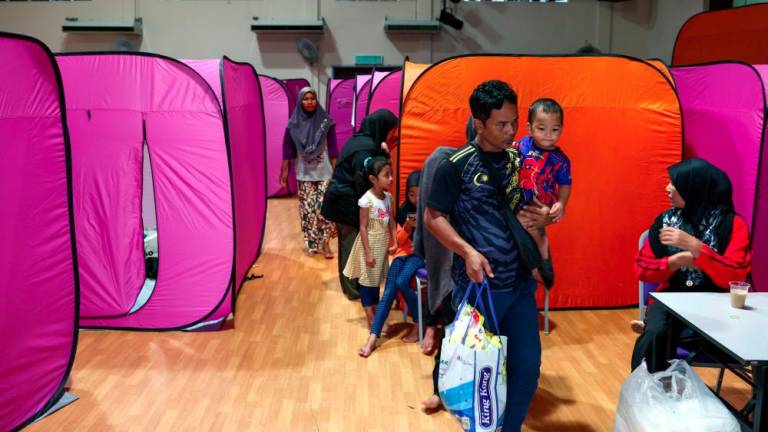PETALING JAYA: Allegations of forced labour, which surfaced between 2020 and 2022, particularly in the rubber glove and palm oil sectors, reached a point where the Malaysian companies allegedly involved were subsequently barred from selling their products to the US.
Lawyers warn that if the issue of forced labour persists, there’s a risk that embassies representing foreign workers will impose a ban on their working in Malaysia.
Criminal and civil lawyer Salim Bashir said the exploitative practices continued well into 2023, as evidenced by the incident on Dec 20 when 171 Bangladeshi workers filed police reports claiming that their recruitment agents had failed to secure employment for them within three to six months of their arrival in the country.
“In response, their employers were promptly blacklisted, and legal action was initiated against them. The severity of the situation was underscored by the revocation of their remaining quotas.”
Salim said such events highlight an alarming pattern of labour exploitation within Malaysian industries.
“It necessitates a comprehensive and sustained effort to address systemic issues and ensure the protection of workers’ rights.”
He added that Bangladeshi workers grapple with a variety of challenges, including prolonged working hours, inadequate rest, substandard living conditions, low wages, forced labour and the confiscation of passports.
Salim said the workers fall victim to employment agents who promise better pay and opportunities, or to the dubious assurances made by third-party recruiters.
“Despite government efforts to mitigate the exploitation of migrant workers, the persistent gaps in legislation, enforcement lapses and other obstacles impede their ability to assert their legal rights.”
He said more severe penalties should be imposed on employers and recruitment agents who withhold workers’ passports and other essential documents.
He said prioritising inspections at workplaces with migrant workers is as crucial as enforcing stricter regulations and recruitment policies.
“Moreover, fostering legal literacy among migrant workers is imperative as it ensures that they are aware of their rights under the Malaysian law.”
Lawyer Datuk Sankara Narayanan Nair, who specialises in corporate and commercial law, said to tackle the exploitation and mistreatment of migrant workers, legal professionals could collaborate with NGOs, civil societies and international bodies.
“They can focus on sectors where there is a higher prevalence of exploitation, such as manufacturing, construction and service industries.”
Sankara said the Bar Council should also proactively establish sub-committees to look into migrant worker exploitation.
He said the sub-committees could offer free legal advice to migrant workers and educate them about their rights.
“Through targeted collaboration and sector-specific initiatives, legal professionals can play a pivotal role in addressing the root causes of exploitation and provide comprehensive protection for migrant workers.”
Sankara said the ongoing practice of police stopping and checking migrant workers reflects a reactive approach that stems from historical inefficiencies and flawed recruitment policies.
He added that it is crucial to address the underlying factors through policy rectifications.
The Bangladesh High Commission declined to comment on this story.










